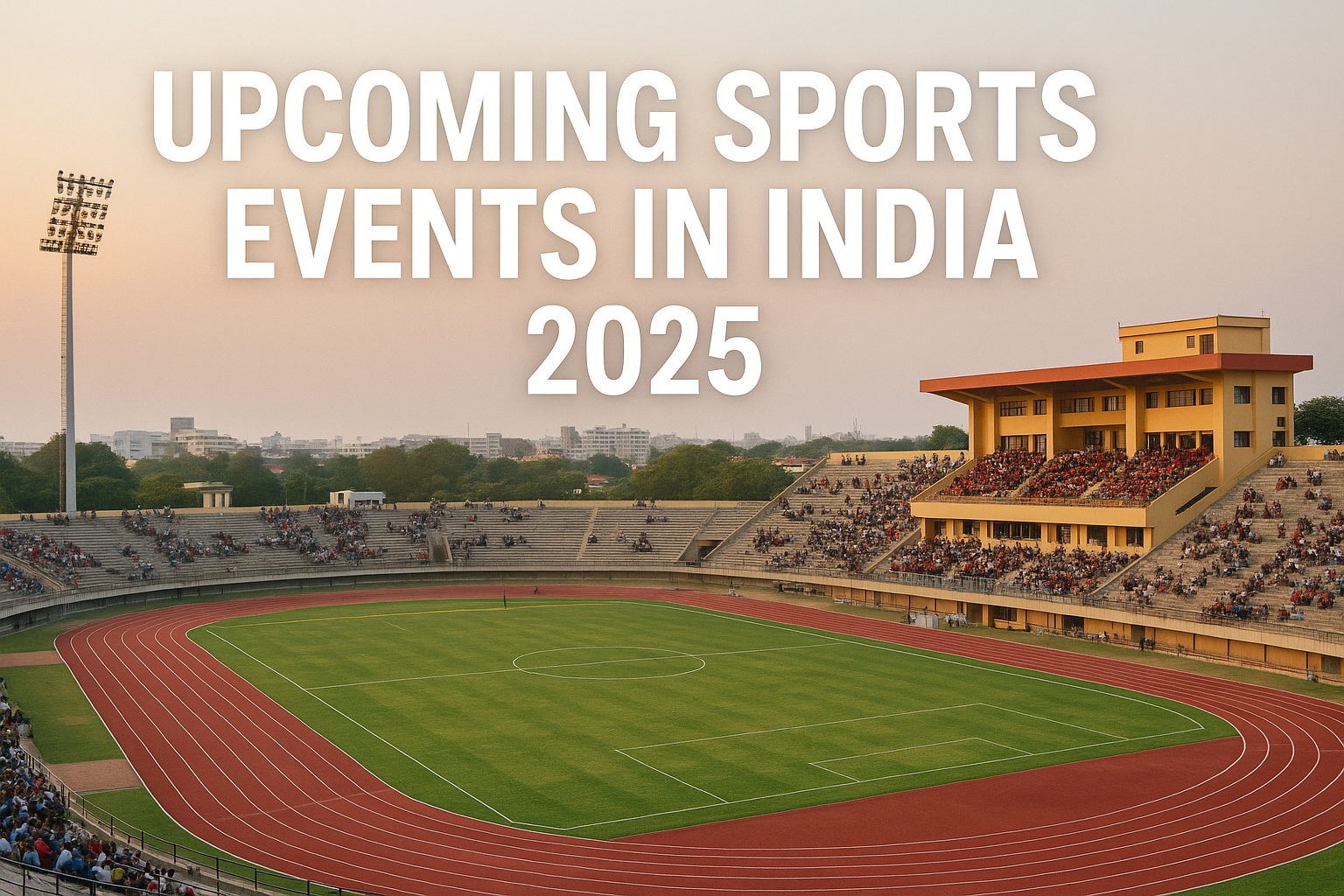In a bid to encourage private car owners to switch to public transport and complement the odd-even traffic scheme, the Delhi government on Friday announced a policy for app-based premium bus services which will be launched in mid-June.
The premium buses will be fully air-conditioned with no passengers allowed to stand. However, the ticket rates would be higher than those in existing bus services in the city.
“To encourage private car owners to switch to public transport, we are announcing this app based premium bus service scheme. It is expected to start in the city from middle of June while registration for it would start from June 1 this year,” Delhi Transport Minister Gopal Rai said at a press conference.
“We brought the odd-even plan to battle pollution in the city following which a sizable number of commuters switched to the Metro. But the prevailing quality and reliability of the bus service has discouraged most private car owners to commute by bus,” Rai said.
The government said it would be mandatory for the bus aggregators to have premium air conditioned buses with two CCTV cameras installed in them, along with first-aid kits and fire fighting equipment.
“To ensure the safety of women passengers, the aggregators have to provide a panic button feature in their app,” the minister said, adding, “Buses will have to be equipped with Wi-Fi and GPS.”
The minister said an aggregator must have minimum of 50 buses in its fleet for registration.
“Fares of this premium service will not be decided by the government. It will be market oriented and the aggregator will decide the fare. However, the government may, if needed, fix the maximum limit of the fare to stop predatory or surge pricing,” Rai added.
Rai also said that if an aggregator cancels a trip following a breakdown or an accident, then they have to pay double the amount to the passengers as compensation. And if an aggregator cancels the trip other than these two reasons, then they have to pay 10 times the fare to the passenger.


